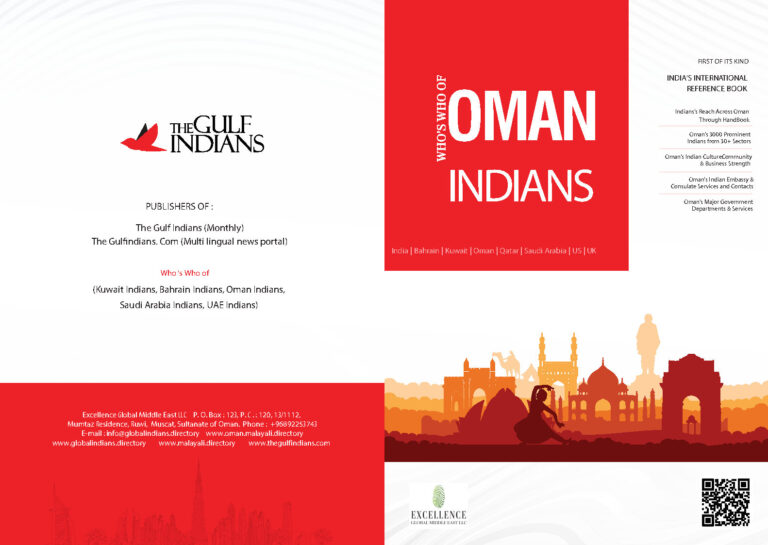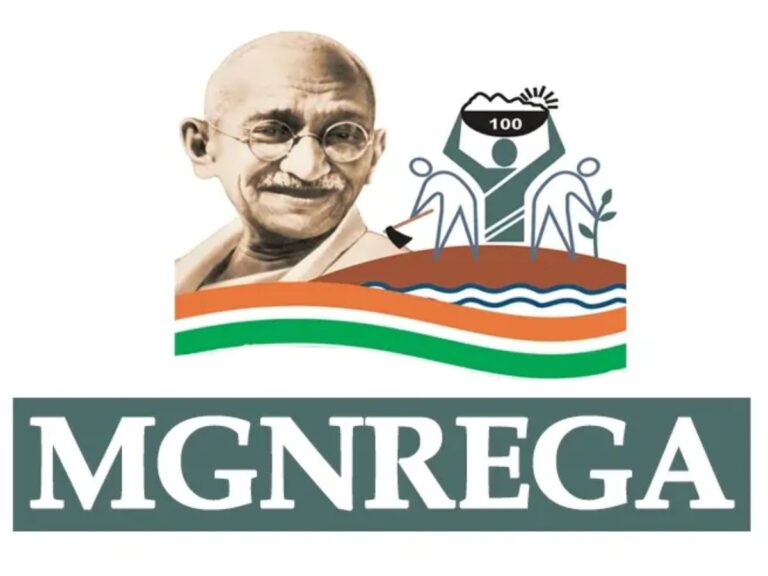Our Correspondent
Ramadan is expected to begin on April 12, but will be confirmed by the UAE’s Moon Sighting Committee, agreed upon by the Abu Dhabi Judicial Department.
The National Crisis & Emergency Management Authority (NCEMA) has urged people to avoid distributing and exchanging meals in order to prevent the spread of the coronavirus pandemic. The sharing of meals in public places or giving iftar meals in front of homes and mosques are not allowed this year.
Officials have warned against evening gatherings. Donations and zakat should be done electronically.
In Dubai, the Islamic Affairs and Charitable Activities Department (IACAD) announced that all annual Ramadan tent permits in the emirate will be cancelled.
The IACAD has also banned the charitable distribution of food during Ramadan, unless it is in collaboration with charities and institutions that are approved and licensed by the IACAD to ensure the distribution complies with the latest COVID-19 protocols.
IACAD said it would continue to reach out to the needy through its digital Meals of Hope initiative during Ramadan.
In Sharjah, the local Emergency, Crisis and Disaster Management Team (ECDMT) has issued a set of safety measures.
There should be no family or institutional Iftar tents or public Iftar banquets, no Iftar meals in front of restaurants, homes and mosques, or through cars or any other means.
The distribution of meals or in-kind assistance to needy families should be through the official charitable bodies accredited in the emirate.
Field teams will intensify inspection and monitoring campaigns during the Holy month. To report any violations, public can contact 901 or e-mail “covid19@shjpolice.gov.ae”.
Ras Al Khaimah has also announced similar precautionary measures during the Holy month of Ramadan.
Munther bin Shukr Al Zaabi, Director-General of Ras Al Khaimah Municipal Department, urged restaurants to ensure hygiene, safety and health of cooks and service providers and commitment to wearing masks and gloves. He added that distribution of meals must be in boxes or bags that are closed tightly.
Iftar meals will be distributed only in labour camps, through coordination between restaurants and the management of workers’ accommodation in the area.
Ajman: The Ajman Coordinating Council for Charity Work and Endowments has cancelled all permits for Ramadan tents and iftar gatherings in the emirate this year. It has announced an alternative plan to distribute iftar meals.
All charitable societies operating in the emirate has to coordinate with the Council to determine the number of meals for each site, with a commitment to distribute high-quality meals. Distributing meals inside mosques and residential neighbourhoods should be avoided; the Council should be informed about the meal distribution plans from charities, and its approval taken.
Maryam Ali Al Maamari, Secretary-General of the Council, said the Council will try to distribute iftar meals to as many workers and people with limited incomes as possible.
Fujairah: The Fujairah Charity Association has launched AED56 million worth projects for the Holy Month of Ramadan, which is a 15 per cent increase compared to last year.
It will distribute Iftar meals in 85 distribution points in Fujairah and Dibba. The number of daily beneficiaries is expected to be 16,666, while their total numbers is estimated to reach 500,000.
The association spent AED49 million in the previous Ramadan, benefitting 431,000 people, he added while noting that its projects included Zakat donations, Iftar meals, Ramadan Mir and Zakat Al Fitr.











